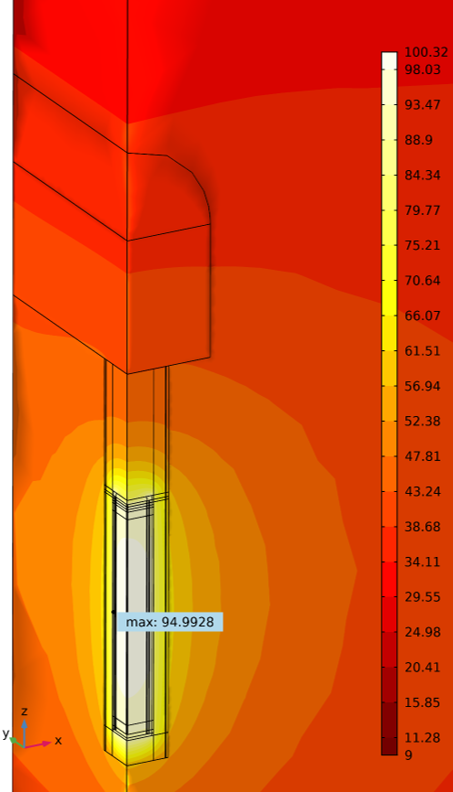Finland Continued Excellence in Radioactive Waste Management

VTT continues to support Finland progressing towards having the first-in-the-world licenced deep geological repository for spent nuclear fuel. Posiva[1] is currently working on the construction and commissioning of the encapsulation plant, excavating the first deposition tunnels, setting up the supply chain for the canister and bentonite, and preparing for deposition to start within the next 5 years. Their repository operating license will be submitted to the regulator STUK in the near future.
VTT has been actively working at Posiva’s ONKALO site to assist with the Full Scale In Situ System TEST (FISST), especially on monitoring aspects which VTT also developed as part of the MODERN2020[2] EU project with respect to new technologies of wireless sensors, energy harvesting for long-battery life and monitoring strategies for performance assessment. VTT has worked with Posiva in the EU project BEACON[3] to evaluate the long-term homogenization process of bentonite materials used as engineered barriers. We have also cooperated together on the EU project DISCO[4] to better understand spent fuel dissolution arising from the development and use of novel types of fuel (Cr-doped and MOX).
The European community of waste management organizations, research institutes and technical support organizations like VTT have started the EURAD[5] joint program on radioactive waste management in 2019, where VTT is a governing Bureau member representing the SITEX network[6]. Within EURAD, VTT is coordinating the 5-year study HITEC to evaluate how higher temperatures in bentonite may impact the safety barrier functions. VTT also participates in the work package studies on spent fuel evolution (SFC), chemical evolution of disposal cells (ACED) and management of uncertainties (UMAN), all of which apply the TSO-mindset to advancing technical safety.
Beyond activities targeted to high-level radioactive waste streams, VTT has also been active on R&D activities focused towards reducing low- and intermediate-level wastes. We recently concluded the VTT-coordinated EU-project THERAMIN[7] on thermal treatment for minimization of wastes. From September 2020 VTT is coordinating the new 4-year joint program on pre-disposal treatment of waste (PREDIS) including 47 partners from 18 countries around Europe. The project focuses on technical innovations for efficient and safe treatment of metallic and organic wastes, as well as digital technologies for ageing management of cemented wastes.
Internally, VTT’s experience in waste management has led to two new large public contracts awarded in 2019, assisting the Norwegian Nuclear Decommissioning Authority (NDA) and the Bulgarian Nuclear Regulator Authority (BNRA).
[1] Posiva 2019 Annual Report: http://posiva.fi/files/5122/Posiva_Annual_Report_2019.pdf
[2] Modern2020 project: http://www.modern2020.eu/
[3] BEACON project: https://www.beacon-h2020.eu/
[4] DISCO project: https://www.disco-h2020.eu/
[5] EURAD project: https://www.ejp-eurad.eu/
[6] SITEX network: https://www.sitex.network/
[7] THERAMIN project: http://www.theramin-h2020.eu/
Erika Holt
VTT
erika.holt@vtt.fi